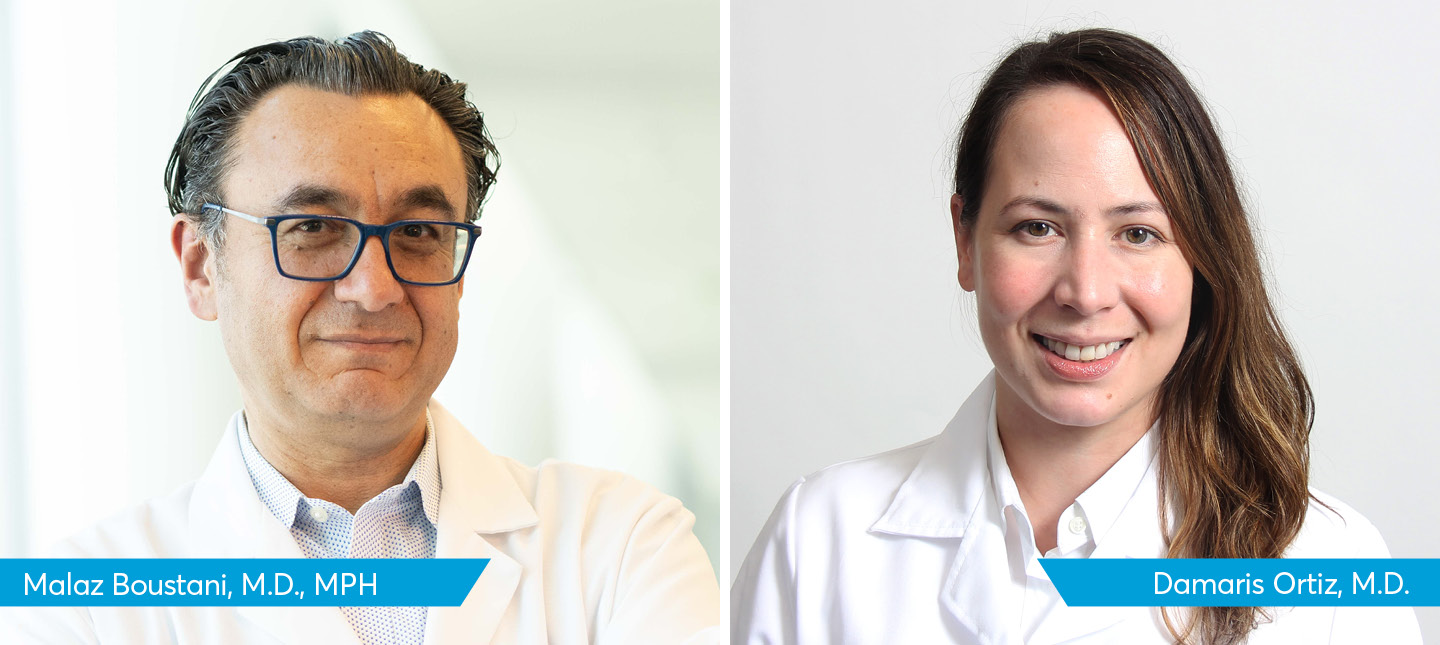Richard Holden, PhD, M.S., says investing in the health of unpaid caregivers and providing them with resources as they care for patients with Alzheimer’s and related dementias should translate to better patient outcomes.
Transcript:
We know that caregivers of people with dementia are at higher risk for becoming sick themselves, sometimes neglecting their own health and ending up with exacerbated symptoms. And so the hypothesis is that over time, as we strengthen the caregiver and the care that they provide, as well as their own self-care, we should see a reduction in these unplanned emergency room and hospital visits.
Dr. Holden talks about the research trajectory of the Brain CareNotes app and future opportunities to expand its availability and create tailored interventions for users.
Transcript:
When we first began testing these products, we were doing it “in the real world already.” We weren’t able to spread it as far as we wanted to. So for a long time, it remained part of an Eskenazi Health program, and that’s one program in one city.
When we did our trial most recently, we expanded to IU Health. And of course, in our current trial, we’re expanding even further. It’s not as easy as saying, “Well, we adapted it to this group so we can do the same thing to adapt it to another group.” Each group really requires its own adaptation process but the way that the technology was built, most of the components can be modified — so everything from language to the kind of content to the kind of surveys that are built into the application can be swapped out, adjusted. Frankly, it could even be personalized so that each different user is getting a different experience. And so that’s the goal is to make sure that the product is universally accommodating to the range of users.









